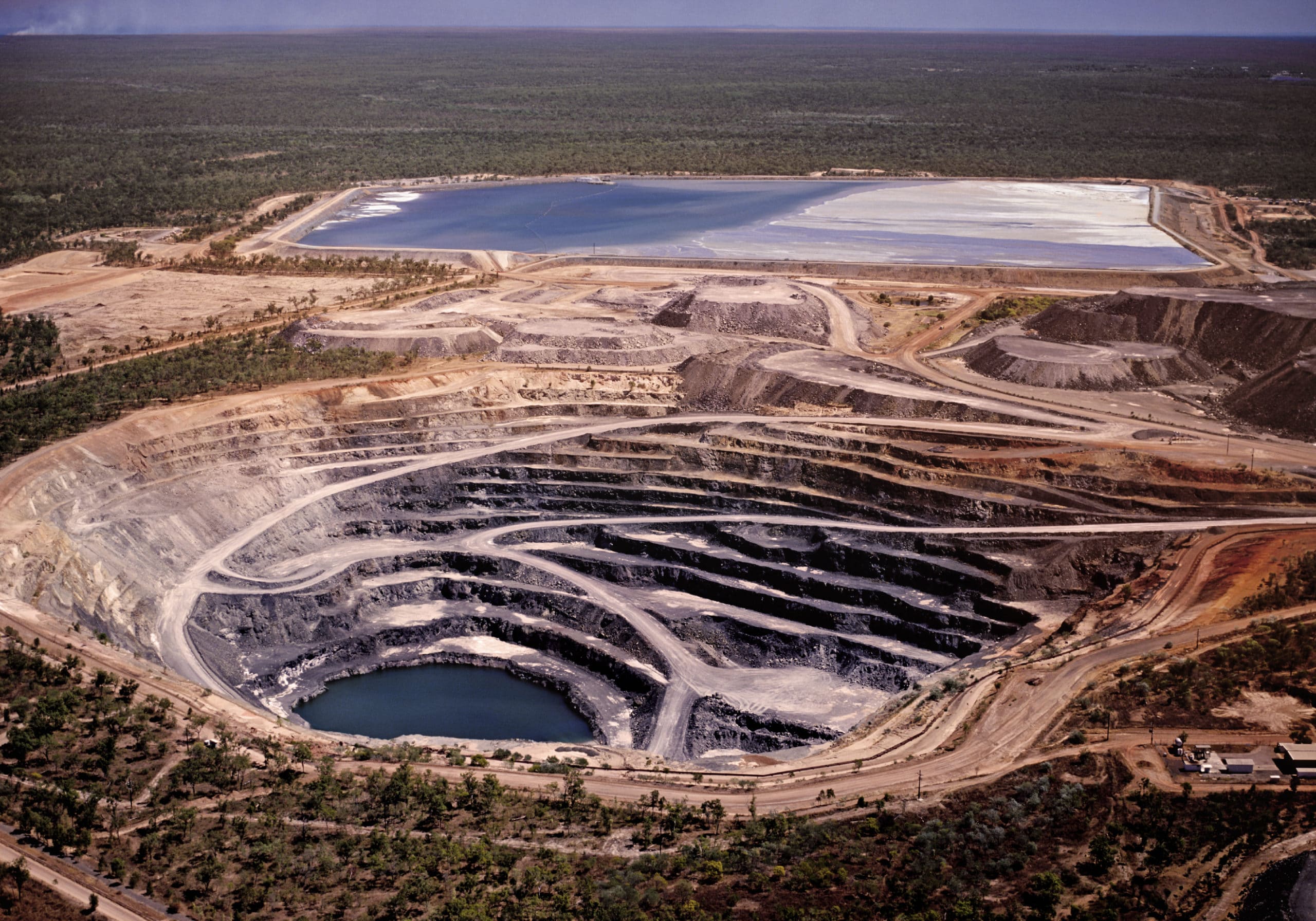Are you searching for the Top 5 Uranium Stocks to Buy in 2023? Well look no further because we got you covered.
Uranium stocks have been on investors’ radar over the last few years as demand for clean energy alternatives accelerates.
Nuclear energy production is a prime renewable energy alternative to fossil fuels, which involves the splitting of uranium atoms through a process known as fission.
According to the World Nuclear Association, nuclear energy accounts for approximately 10% of the world’s electricity. It is also the world’s second largest source of renewable power production.
Nuclear Energy In A Sustainable World
While the world has kept its focus on renewable energy alternatives like wind and solar power, nuclear energy has flown under the radar.
Ironically enough, nuclear energy has been around since the early 1950’s and has grown into a significant power source for the world economy.
However, there are some cons to nuclear energy such as the timeline to build the nuclear plants, the lifespan of the plants and the growing capital expenditures to keep them online.
But this doesn’t mean that nuclear power generation is not competitive. Consequently, it can be the preferred source of power based on a region’s unique geographic landscape and climate.
Some renewable energy experts believe nuclear energy can be far superior to other alternatives due to its reliability and yield on cost. If this theory is said to be true, then you might want to consider these Top 5 Uranium Stocks to buy for 2023!
Below, we will present our Top 5 Uranium Stocks to buy in 2023!
1. Cameco (NYSE: CCJ)

- Ticker: CCJ
- Dividend Yield: 0.35%
- Payout Frequency: Quarterly
- Payout Ratio: 54.55%
- Market Cap: $11.07 Billion
Cameco Corporation is a Canadian mining company headquartered in Saskatoon, Saskatchewan, Canada.
They are the fourth largest uranium producer in the world, and the world’s largest publicly traded uranium company by market capitalization. Cameco has been mining uranium for more than 60 years and produces approximately 4,397 metric tonnes annually.
In 2022, the company had annual revenues of $1.43 Billion.
Cameco currently supplies approximately 18% of the world’s Uranium, and has a controlling interest in uranium projects across Canada, The United States and Kazakhstan.
As of April 2023, Cameco has more than 430 million pounds of uranium in its reserves.
It’s projects include a 50.025% ownership in Cigar Lake, 69.81% ownership in McArthur River, 83.33% ownership in Key Lake, 100% ownership in Rabbit Lake, 100% ownership in Smith-Ranch Highland, 100% ownership in Crow Butte, and 60% ownership in JV Inkai.
Their projects Cigar Lake, McArthur River and Key Lake located in Saskatchewan Canada, are said to be located in the world’s most abundant district for high-grade Uranium deposits.
2. Sprott Physical Uranium Trust (TSE: U.UN)

- Ticker: U.UN
- Dividend Yield: N/A
- Management Expense Ratio (MER): 0.70%
- Market Cap: $2.67 Billion
Sprott Physical Uranium Trust is a physical uranium ETF headquartered in Toronto, Ontario, Canada.
They are currently the world’s largest physical uranium fund with approximately 61.6 million pounds of uranium held in its reserves. Sprott has a total Net Asset Value (NAV) per share of $17.21.
Its Physical Uranium Trust is very similar to SPDR Gold Trust, which is also the largest ETF that invests directly into physical gold.
If you’re curious about the Best Gold Stocks for 2023, you can check out this article here.
If you’re looking to invest directly into physical uranium assets, then Sprott Physical Uranium Trust should be the first place to look. However, it’s important that you consider the high expense ratio of 0.70% to own the ETF.
3. NextGen Energy (TSE: NXE)

- Ticker: NXE
- Dividend Yield: N/A
- Market Cap: $1.80 Billion
NextGen Energy is a uranium exploration company headquartered in Vancouver, Canada.
Similar to Cameco Corporation, NextGen Energy’s goal is to acquire and explore high grade uranium deposits for the acceleration of clean energy.
Its projects include Rook I, Radio Property and IsoEnergy.
With Canada’s abundance of natural resources, NextGen Energy plans to secure its spot in the mining and extraction of uranium assets in the abundant Athabasca basin. This a district in Northern Saskatchewan and Alberta, which is home to over 99% of Canada’s uranium supply.
Like most mining exploration companies, NextGen Energy is no stranger to speculative investments. They are a pre-revenue company with a market cap of $1.80 Billion that hopes to someday become profitable on the back of their abundant uranium assets.
The company has almost 500 million in shares outstanding, and in January 2023 announced an ATM equity program. This means that more share dilution is almost inevitable. So if you’re considering investing in this company, do so with caution.
4. Fission Uranium (TSE: FCU)

- Ticker: FCU
- Dividend Yield: N/A
- Market Cap: $423 Billion
Fission Uranium is a uranium exploration company headquartered in Kelowna, BC, Canada.
Similar to NextGen Energy, Fission Uranium’s goal is to acquire and explore high grade uranium deposits.
The company has a 100% ownership interest in PLS located in the Athabasca basin. The Athabasca basin is a prolific, high grade mining deposit district for uranium.
Fission Uranium is well capitalized with a strong balance sheet for future exploration. Moreover, the company has zero long term debt.
But share dilution is definitely something to keep in mind as the company is still pre-revenue. They currently have more than 700 million shares outstanding, which could only be a drop in the bucket if they have future plans for exploration of other uranium assets.
While the market cap is much smaller than NextGen Energy, its shares outstanding are much greater while owning less assets. Fission Uranium is definitely not an investment for everyone and the company might never become profitable.
5. Denison Mines Corporation (NYSE: DNN)

- Ticker: DNN
- Dividend Yield: N/A
- Market Cap: $835 Billion
Denison Mines Corporation is a uranium exploration, production and development company headquartered in Toronto, Ontario, Canada.
Similar to NextGen Energy and Fission Uranium, Denison Mines Corporation’s goal is to acquire and explore high grade uranium deposits.
Its projects include Wheeler River, Waterbury, Midwest, and McClean Lake.
Denison Mines flagship Wheeler River project is located in the Athabasca Basin, a part of Northern Saskatchewan abundant uranium mining district.
Located in the most eastern part of the Athabasca Basin, Its two grade uranium deposits (Phoenix and Gryphon) are said to produce up to 59.4 million pounds of uranium.
The company is no stranger to exploration, having been in business for almost 4 decades. They are well capitalized with almost $60 million in cash and zero long term debt.
If their Wheeler River project pans out, Denison Mines can catapult itself to one of the largest uranium producers in the world. With a proven track record and strong financials, Denison Mines could be a great long term bet on uranium.
Can You Invest In Uranium ETFs?
So, you might be wondering if you can invest into Uranium ETFs?
Well the answer is yes and there are a number of uranium ETFs that investors can buy to get exposure to uranium.
Below we will present two Uranium ETFs to consider!
- Sprott Physical Uranium Trust: (TSE: U.U)
- Horizon’s Global Uranium Index ETF: (TSX: HURA)
Top 5 Uranium Stocks: Final Takeaway
When it comes to investing into mining companies, they are often more on the speculative side of investments.
This is a result of their pre-revenue nature and bet on mining deposits that may not pan out leaving investors holding the bag.
Commodities such as uranium, nickel and lithium have become increasingly a part of the world’s transition to a clean energy future.
Uranium is an abundant commodity that helps power a nuclear energy future. If you’re a risk averse investor, you might want to consider these top 5 uranium stocks to add to your investment portfolio.
Disclosure: The author holds no position mentioned in this article. Freedom Stocks has a disclosure policy.









